At Beauflor, we believe that our Route 2030 for a sustainable future must be collectively shaped by all employees.
This involves Reshaping processes, behaviors, and societal norms, aiming for less energy, water, and waste consumption while ensuring safety and ethical sourcing.
At Beauflor, each employee has a role to play! Everyone is a reshaper!

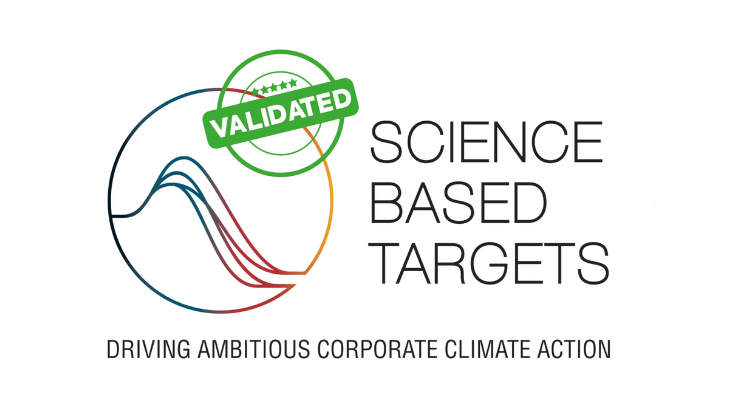
Committed to the Science Based Targets Initiative since 2023, we’ve set these greenhouse gas emission reduction targets in line with what is needed for our climate and for our planet. These targets have been SBTi approved.
<Our goals and intermediate results set for this journey are based on company data from 2021. We aim to achieve them by 2030 at the latest.>

Our efforts align with Beaulieu International Group’s broader sustainability roadmap, known as Route 2030. Within this strategy, we work together on 5 different areas leading to a zero-footprint future:
* Scope 1 & 2 of the GHG protocol: direct and indirect emissions from purchased energy and emissions from production & energy consumption at our plants.
** Scope 3 of the GHG protocol: indirect emissions across the entire supply chain, both upstream and downstream. The remaining emissions that cannot be abated will be compensated for.
Zero is a strong claim, we are aware of that. We realize it is going to be a challenge. We know our goal requires some solutions that don’t exist yet. And we cannot do it alone; we’ll need partners to help us get there. But being bold will encourage us to push the limits of what is achievable.
We’ve prioritized specific goals through our Sustainability Roadmap Route 2030, from which innovative projects were born to tackle every aspect of our product’s lifecycle and create optimal impact.
Beauflor recognizes the urgency to take actions for our climate. That’s why the company has boldly committed to reaching a zero environmental footprint by 2030, anchoring its mission with clear and calculated targets. By ‘going for zero’, Beauflor wants to forge a carbon-neutral legacy, proving that industry leadership and environmental stewardship go hand in hand.
At Beaulieu International Group, our purpose is unequivocal: we are here to shape sustainable living, together. Since 2021, we have been reshaping our business with a clear sustainability strategy: one that reflects the spirit of B.I.G., defines our priorities, and turns ambition into action.
We took inspiration from the UN Sustainable Development Goals and translated our vision into Route 2030, a company-wide roadmap with five strategic routes that guide us toward a more sustainable future.
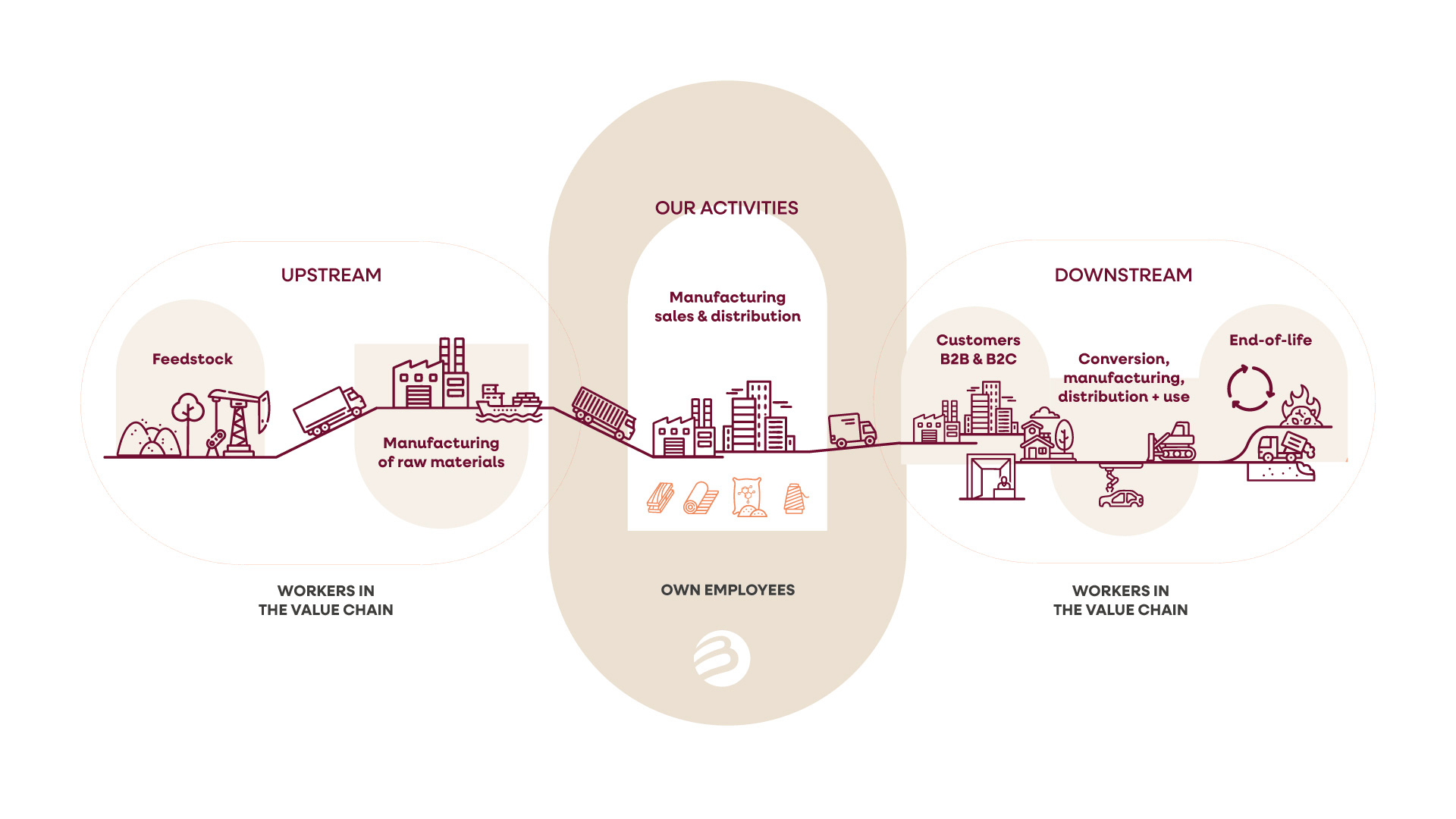
“We want to set an example in our industry by going for ZERO”Curious about our progress in numbers?
Are we on the right path to reach our “Zero footprint” destination?
Dive into our latest Sustainability Report.
B.I.G. hosts its annual Sustainability Forum at our Experience Center where partners, clients and other industry peers get inspired by sustainability practices, discuss collaboration opportunities and identify win-win actions to shared challenges. Because you are not alone in shaping sustainable living, you have a whole value chain to help you out.
Interested in helping us advance our legacy of environmental stewardship – as a distributor or as a partner in development? Contact us to work together.
Step into the world of Beauflor and discover our expanding ranges made from 100% biocircular attributed resources.
Our collection of circular performance-boosting projects that is redefining vinyl flooring one step at a time.
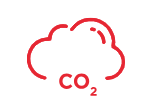




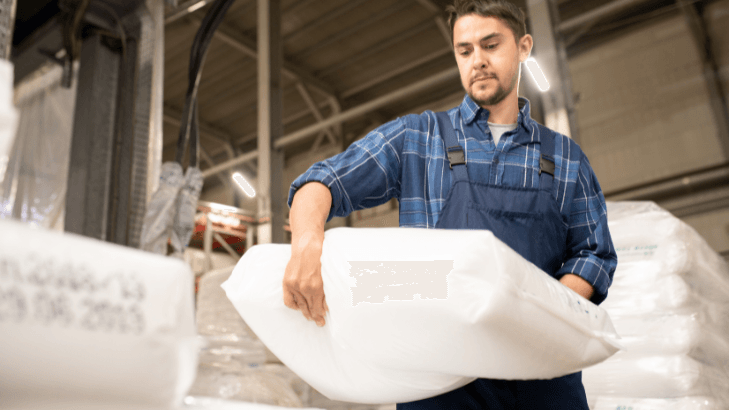
The extraction and sourcing of raw materials is the foundation of every product lifecycle. Our primary goal is to reduce the material required. By partnering with trusted and screened suppliers, sourcing locally to optimize transport and continuously innovating our product recipes, we can optimize our material usage.
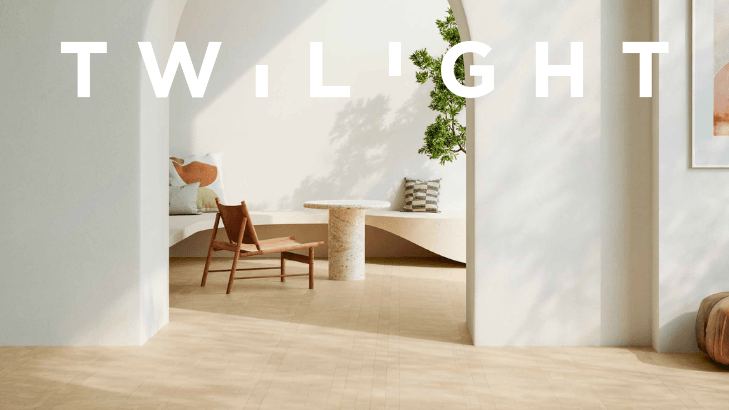
In stepping away from fossil resources, we’ve prioritized renewable and recycled content to minimize our environmental impact. The black backing of our Belgian-made products contains 20% recycled PET for example. In 2024, Beauflor was the first to bring heterogenous vinyl flooring with 100% biocircular attributed PVC on the market. We are quite proud of this collection - called “Twilight” - since it also has a 40% lower carbon footprint compared to our regular collections.
Discover more about our product solutions with renewable or recycled resources and their certificates.
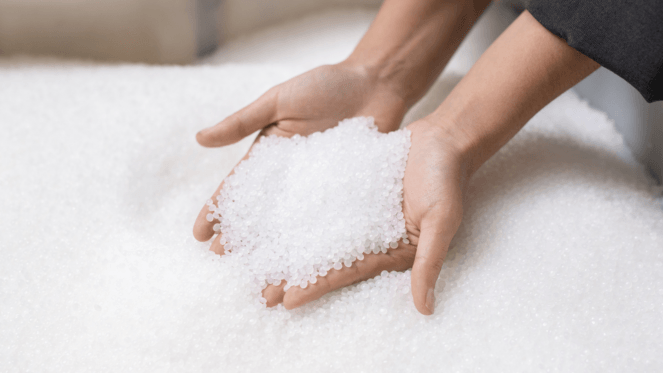
Since 2024, we are making the switch to raw materials with a lower environmental impact and have chosen to only buy PVC produced with green energy. In doing so, we’ll reduce the CO₂ emissions of the PVC we use by 22%. An important step in our mission to find an alternative to fossil resources and use raw materials with a reduced carbon footprint.
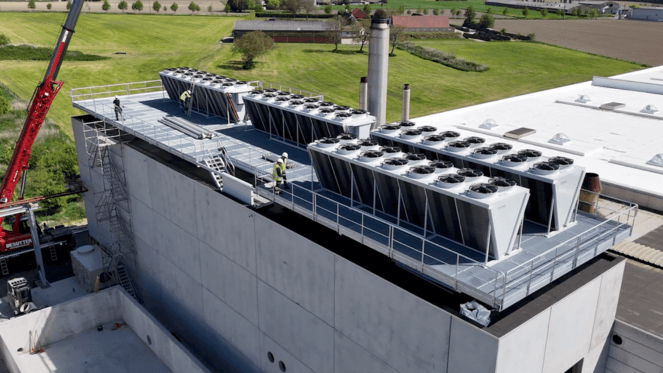
Our production plant in Belgium is teaming up with a neighbouring facility that produces steam from non-recyclable wood waste. The bottom line: instead of using fossil gas to heat our ovens, we’ll be using steam. We’ve also modified our exhaust treatment to a state-of-the-art filtration system. The result: over 80% less gas consumed and the CO2e emissions from our energy consumption drops by more than 60%.
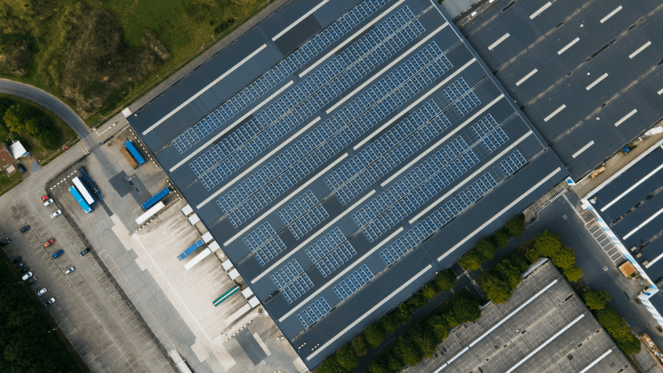
On both our plants, solar panels are harvesting the sun to produce 2500MWh/year, comparable to the electricity needs of 714 average households in Europe. Moreover, both plants purchase green electricity, mainly from wind power, for a yearly total of 5.100 MWh. Together, we are able to produce all our PRO & ULTRA collections on green electricity and save over 1100 tons of CO2e per year.
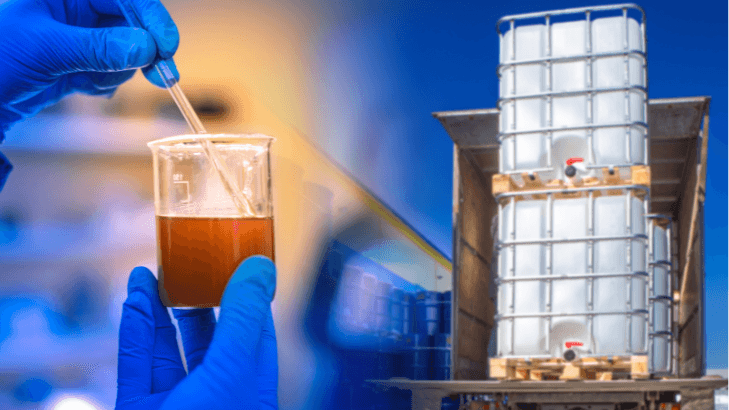
Before recycling, we continuously develop ways to optimize the reintegration of waste streams into our production process. 95% of our liquid waste is collected and reused into our production process (ink leftovers, plastisol paste, …). Our new system filtering the exhaust fumes even allows us to retrieve and reincorporate the plasticizer condensate it filters out.
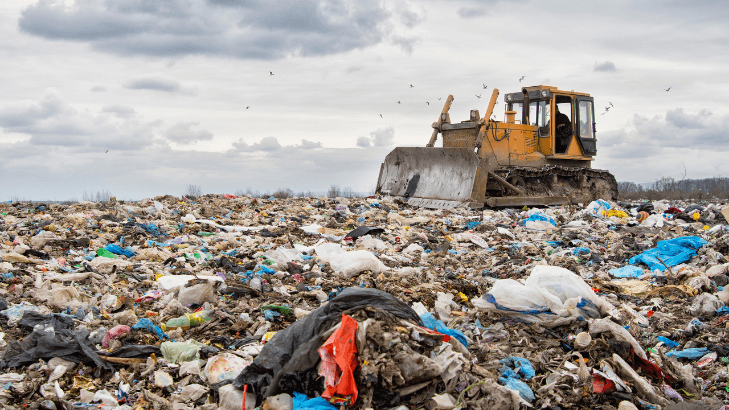
That’s the goal. For starters, zero waste is going to landfill. In both our plants, up to 70% of our manufacturing waste is recycled by our manufacturing partners. Our objective is to recycle 100% by 2030.
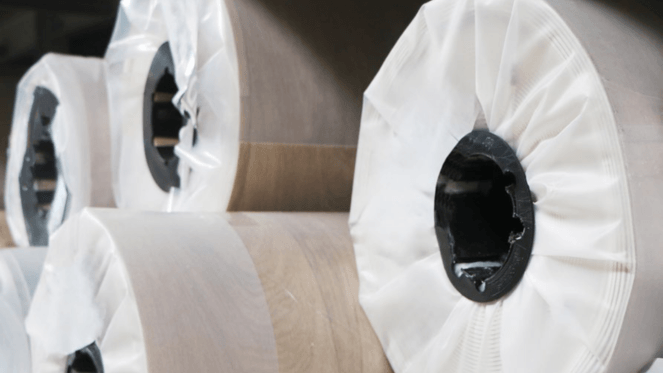
Trying to help our value chain, we keep our packaging to a minimum and only use packaging that is 100% recyclable in regular waste streams. Our cardboard tubes and plastic plugs are both made of 100% recycled material. The foil protecting our vinyl flooring rolls contains a minimum of 30% recycled plastic.
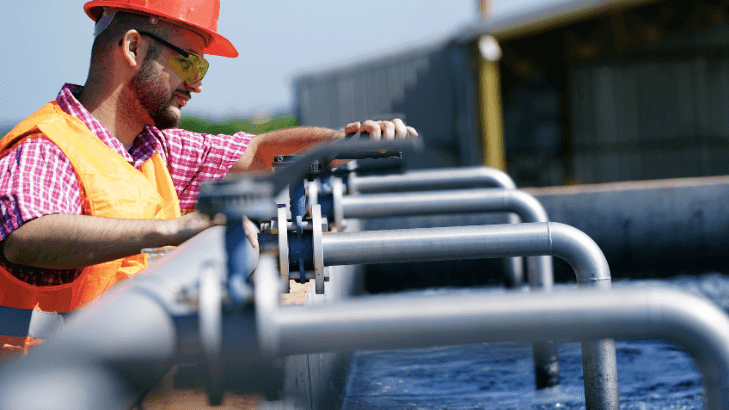
Vinyl production requires very little water. However, this does not mean we cannot find ways to reduce our consumption or even reuse some of our wastewater. Simple actions like putting a timer on a rinsing hose or bigger projects like replacing our cooling tower with a closed circuit working with a cooling agent (and zero CO2e emissions) instead of water, help us achieve our goals.